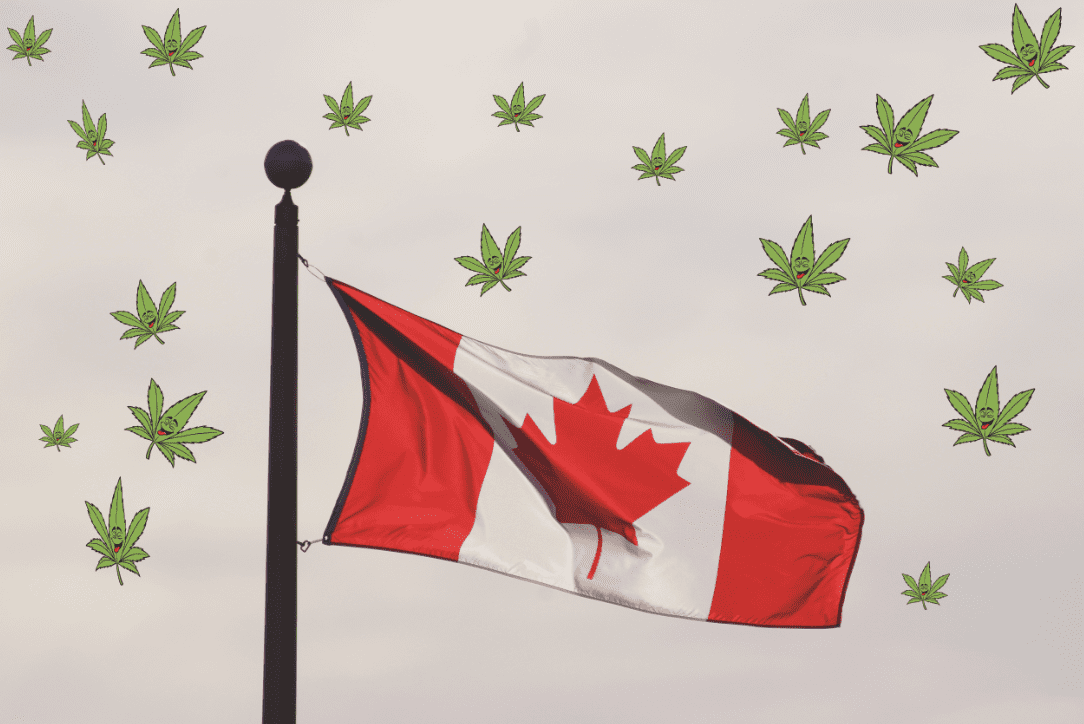
author: abbey-taylor weber | contributor

jeremy davis
Here’s a side of the story you probably haven’t heard.
My parents both grew up with standard, small-town-Saskatchewan Christian values. In fact, my sister has videos of my mother and me on opposite couches 18 months ago screaming at each other about “the devil’s lettuce” and why it should or shouldn’t be legal in Canada. Her hardline stance was that it is a drug and has no place in society.
Tonight, my mother is sitting on the couch across from me, popping a CBD capsule she made herself.
As it would turn out, my mother has chronic Lyme disease and a number of yet-unidentified conditions that have affected her cognitive function, sleep patterns, speech, motor skills, memory, and most of all, cause her to be in near-constant debilitating pain. Since she contracted it, we’ve spent months in the hospital, made trips to other cities, hooked her up to a plethora of machines, given her literally dozens of pharmaceuticals, and even sent her blood to Germany in the search of a diagnosis, relief, and a cure. We tried a dozen doctors and specialists and every chemical cocktail and therapy menu they could generate, but nothing helped – until I convinced my family to cram into a car and drive 14 hours to an event held by the BC Pain Society, and our lives changed forever.
Now, a year and some later, my mother has a green card and is a cannabis activist who will tell anyone who will listen how it changed her life and has allowed her to have a part-time job, sleep at night, and control her pain. She has fewer absentee seizures and her migraines are few and far between.
But then legalization happened.
While this may seem like a boon for medical cannabis users, it’s a complicated reality. When legalization began to gear up, the dispensaries were successively shut down. For my mother and her canna-clueless family, this meant she no longer had access to someone to consult about products and uses, or to remember her and her condition. She lost her pharmacist and now can only order online.
The province of Saskatchewan elected to use a lottery system to award business for cannabis retail. However, the system did not take into account knowledge of cannabis or anything related to the medical community, which resulted in people who have no idea about cannabis now having a stranglehold on the market.
On legalization day, we discovered that Saskatchewan has the highest average price per gram, triple that of BC. Wasn’t the point to take sales away from dealers? Additionally, a zero-tolerance policy for marijuana and conducting a motor vehicle means that people who medically require cannabis to live comfortably are unable to drive. However, you can still pop a small dose of morphine and drive.
Closing the former dispensaries and awarding the lottery spots meant that the new businesses had no stake in the medical community, and now the province will lose revenue to other provinces due to online sales. Lastly, edibles are not available for sale. For medical users who don’t want to smoke, and want the best benefit from the plant, this means their medicine is not available to them, even if the new stores carried medical strains.
There is so much more to say, and this barely scratches the surface. In the end, here’s what I’m saying: the province has put capitalism ahead of compassion, and privilege ahead of progress. While it’s great that recreational pot is legal now, we ignored the people who really need it and turned “the devil’s lettuce” into a Saskatchewan salad that is, far from being about plants, mostly dressing.









